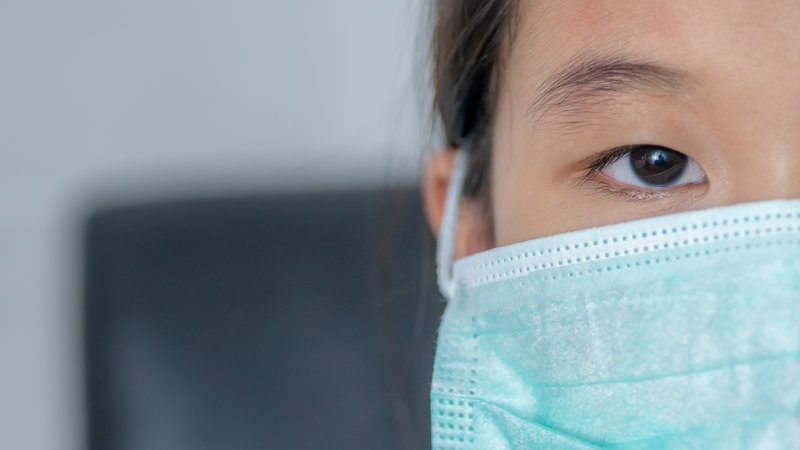Facts about coronavirus and cancer
The coronavirus global pandemic is causing a lot of angst, especially among those with a compromised immune system. And yes, if you have cancer, you are in this group.
However, this is not the time to panic.
The World Health Organization notes the most common symptoms of the coronavirus (COVID-19) are fever, tiredness, and dry cough. Some patients may have aches and pains, nasal congestion, runny nose, sore throat, or diarrhea. These symptoms are usually mild and begin gradually. (1)
The time between catching the virus and showing symptoms of the disease ranges between 1-14 days. Most current, five days is the incubation time.
While the coronavirus is in its early stages, we do know older people (70 and above) are statistically at higher risk for significant complications. Also, at increased risk are those with health conditions – cancer, COPD, cardiovascular diseases, kidney disease, and diabetes.
Among cancer patients, those with blood malignancies are the most at-risk:
- Acute lymphoblastic leukemia
- Acute myeloid leukemia
- Chronic lymphocytic leukemia
- Multiple myelomas
- Non-Hodgkin lymphoma
Also, there is a higher risk if you’re currently undergoing active treatment – surgery, radiation, chemotherapy, immunotherapies – or have had a bone marrow transplant.
Even if you’ve finished treatment, remain cautious and vigilant in listening to your body.
“The risk extends beyond the period of active treatment,” said Dr. Gary Lyman, an oncologist at the Fred Hutchinson Cancer Research Center. “The after-effects of treatment don’t end when people finish their last course of therapy or leave the hospital after surgery. The after-effects of cancer and the immunosuppressive effects of treatment can be long term.” (2)
If you are at a higher risk, avoid non-essential travel. Avoiding crowds also can reduce the chances of exposure to the coronavirus.
As of today, there is not a vaccine to prevent COVID-19. You can, however, protect yourself:
- Follow the guidance on travel restrictions.
- Wash your hands often with soap and water for at least 20 seconds.
- Avoid touching your eyes, nose, and mouth.
- Abstain from close contact with sick people.
- Frequently clean doorknobs, countertops, computer keyboards, phones, tablets, toilets, etc. with cleaning spray or wipes.
If you must cough or sneeze:
- Use a tissue (and throw away the tissue!)
- If you do not have a tissue, cough or sneeze into your elbow (not your hand!)
Remember, even though spring is in the air, it’s still flu season. You can decrease your risk of influenza by getting a flu shot. (For people with cancer, almost every flu vaccine is safe, and it protects against H1N1, influenza A, and influenza B.) Do not use FluMist, a nasal spray with live virus parts, if you have cancer. (3)
The WHO says some people become infected with the coronavirus but do not feel sick or develop any symptoms. About 80% of people recover without needing special treatment. About 1 out of every 6 people infected with the coronavirus becomes seriously ill and develops difficulty breathing.
Older people, and those with underlying medical problems like high blood pressure, heart problems or diabetes, are more likely to develop severe illness. If you have a fever, cough, and difficulty breathing, see a doctor.
Now is not the time to panic – but be smart. Basic hygiene and common sense should guide you through this flu season.
Citations
(1) Q&A on coronaviruses (COVID-19). https://www.who.int/news-room/q-a-detail/q-a-coronaviruses
(2) Coronavirus: what cancer patients need to know. https://www.fredhutch.org/en/news/center-news/2020/03/coronavirus-what-cancer-patients-need-to-know.html
(3) What Is Nasal Spray Flu Vaccine? https://www.webmd.com/cold-and-flu/flu-guide/questions-answers-nasal-spray-flu-vaccine#1

